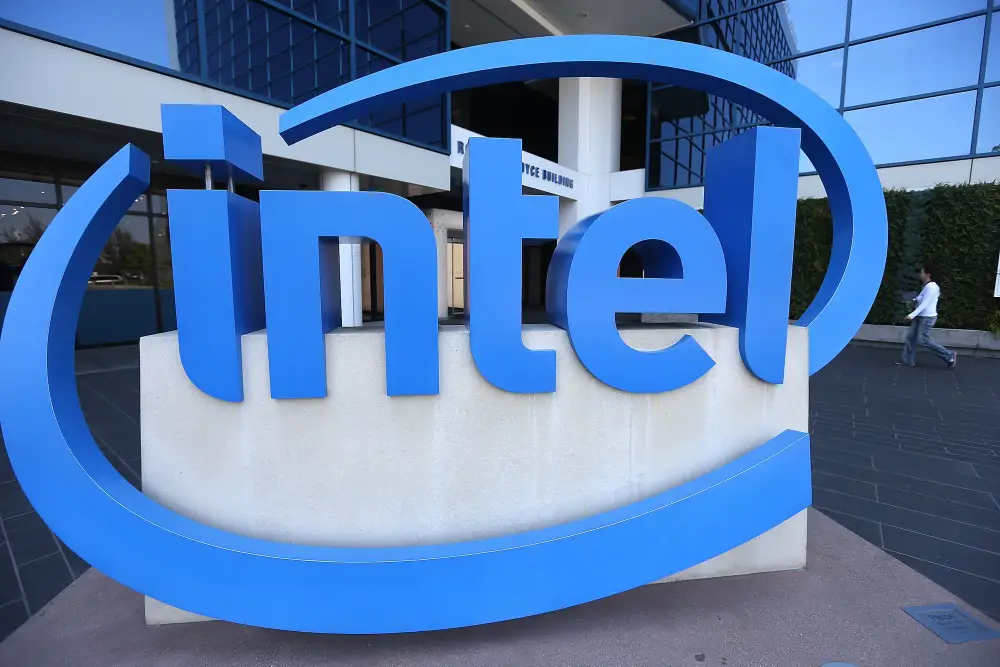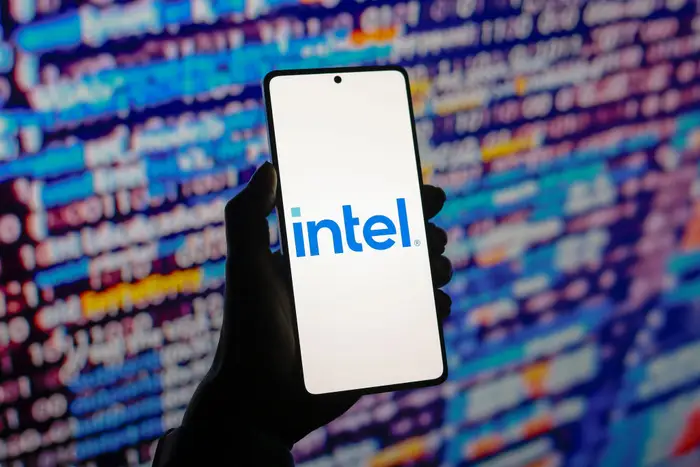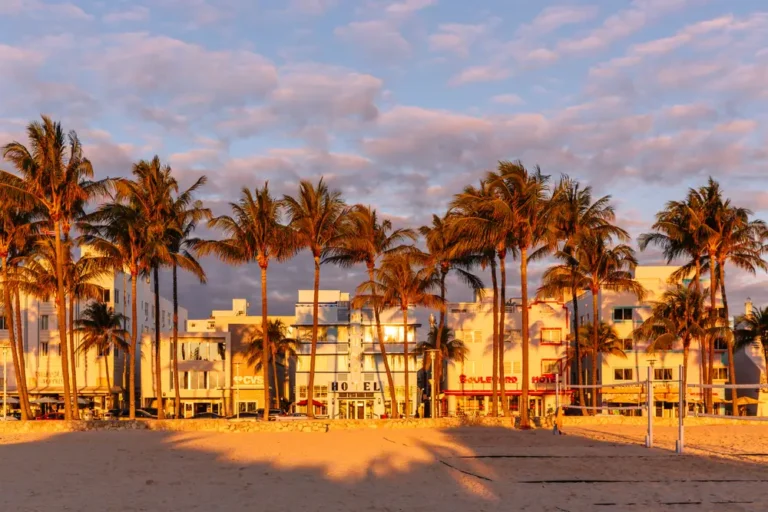Intel says it’s bringing back free office coffee to boost morale after a rough year

Intel said it would shed 15,000 employees in August.
Intel will once again offer free coffee and tea to its employees after slashing the perks as part of its cost-cutting efforts.
The chip manufacturer said free in-office beverages would return to worksites in an internal message in a bid to improve morale, the Oregonian reported.
“Although Intel still faces cost challenges, we understand that small comforts play a significant role in our daily routines,” the message, viewed by the Oregonian, read. “We know this is a small step, but we hope it is a meaningful one in supporting our workplace culture.”
However, the complimentary fruits that employees had grown used to will not be restocked, the outlet reported.
Representatives for Intel did not respond to a request for comment from B-17.
Intel cut employee benefits and perks after a series of setbacks
Intel remained a major player in the tech industry for decades, but several missteps have thrown it off course.
Intel played a significant role in the personal computer boom of the 1990s, mainly focused on PCs. However, it did not capitalize on the growth of mobile chips in the 2000s, which allowed the iPhone and Apple to flourish.
Former Intel CEO Paul Otellini told The Atlantic in 2013 that he regretted passing over a deal with Apple to design and manufacture chips for the iPhone. The two companies failed to reach an agreement because Intel believed the volume would not justify the cost.
Intel missed another opportunity when, in 2017 and 2018, it declined to buy a stake in OpenAI, which has emerged as a leader in the artificial intelligence race.
OpenAI wanted Intel’s investment so it could reduce its reliance on chips made by Nvidia, the new leader in chip manufacturing and a major Intel competitor, and create its own infrastructure, Reuters reported. The deal fell through in part because former CEO Bob Swan didn’t think generative AI models would make it to market anytime soon.

Intel told employees it would stop providing free beverages and fruit at worksites.
Intel also did not concentrate on graphics processing units, which are needed to train AI.
The company has also faced manufacturing delays, including in 2020, when it announced setbacks with its 7-nanometer chips. The delay allowed Intel’s competitors, like Samsung and TSMC, to get ahead of the company.
As its valuation declined, the company implemented cost-cutting strategies.
Intel announced in August that it would cut 15,000 employees through voluntary separation agreements and layoffs. That month, the company sent a slideshow to staffers with information about employee benefits that would be cut, including eliminating or reducing reimbursements for internet, phone, and commuting costs.
The company informed at least one of its Oregon offices in September that beverages and fruits were no longer free.
“That’s petty, right? How much does one piece of fruit per day cost?” a former Intel employee told B-17.






